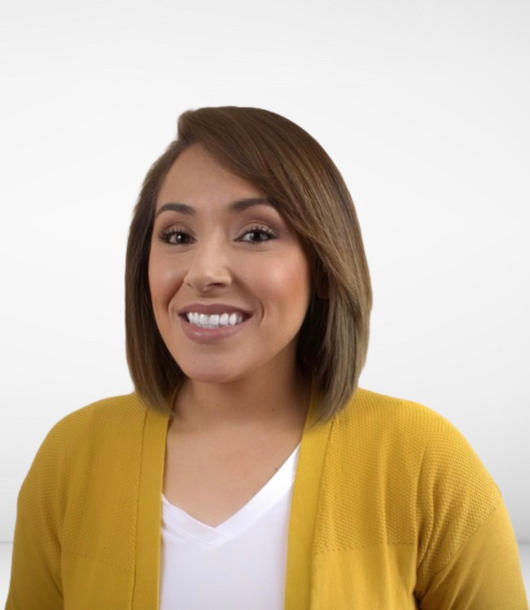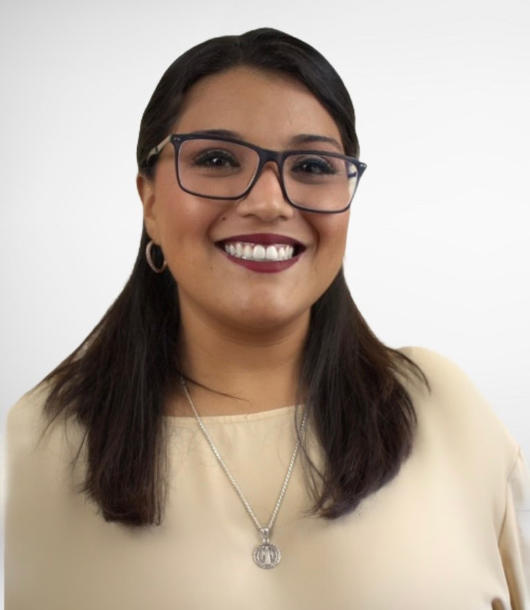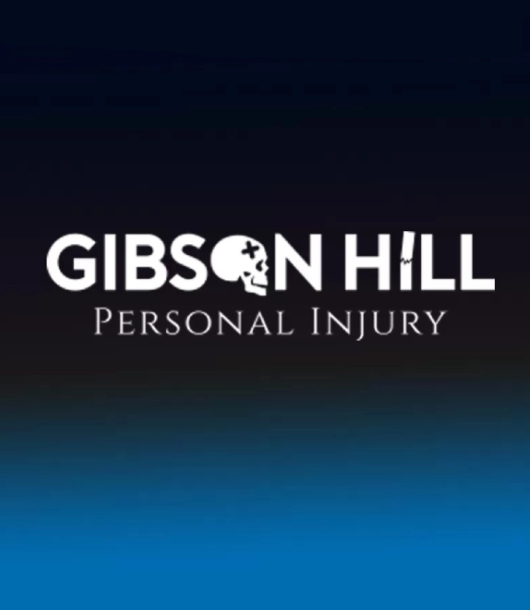Houston Distracted Driving Car Accident Attorneys
Did a distracted driver cause your car accident? Did you suffer injuries as a result? If so, you should contact the Houston personal injury lawyers of Gibson Hill Personal Injury, and we’ll assist you with your case.
Many car crashes are the result of reckless behavior or alcohol impairment. Most, however, are due to driver distraction or inattention. Distracted driving occurs when the driver puts their attention on something else. According to the National Highway Traffic Safety Administration (NHTSA), about 400,000 people get hurt in a crash caused by a distracted driver every year.
Distractions can take many forms and lead to severe injuries and fatalities. If you suspect the other motorist was distracted behind the wheel, we can help you investigate your accident to prove fault and hold them financially responsible for the injuries you sustained.
Call the Houston car accident lawyers of Gibson Hill Personal Injury today at (713) 659-4000 to book your free consultation to discuss the options available for pursuing compensation after a distracted driving accident.
Categories of Distracted Driving
There are a number of different types of distractions that can lead to an accident. Following are the main categories of distracted driving:
Manual Distractions
A manual distraction is an action that takes the driver’s hand or hands off the wheel, resulting in the inability to control their car completely. Most accidents happen because of manual distractions. Examples include:
- Eating or drinking
- Texting
- Changing the radio
- Answering a phone call
- Reading an email
- Applying makeup
Visual Distractions
Visual distractions involve a person taking their eyes off the road in front of them. Anything that requires a driver to look away and focus on something else is a form of visual distraction. Some examples include:
- Reading a text, email, or other content on your phone
- Looking at a GPS or map
- Staring at yourself in the mirror
- Looking at a passenger you’re speaking to
- Watching a video on an electronic device
Cognitive Distractions
Cognitive distractions require the driver to take their mind off the task at hand: driving. It happens for an extended period and can include the other types of distractions with it. Some examples are:
- Thinking about a stressful situation instead of the road ahead
- Focusing on a conversation with a passenger or someone on the phone
- Disciplining your kids
Distracted Driving Car Accident Statistics
Distracted driving is dangerous. It’s just as dangerous as any other type of careless behavior. When you do something like send a text, you take your eyes off the road for about five seconds. If you’re driving at 55 mph, you can travel the entire length of a football field in that short time.
Anything can happen in those five seconds. Another car could merge into your lane, debris could fall off the vehicle in front of you, or a stoplight ahead could turn red. If you’re not paying attention, you’ll likely crash into another vehicle.
A survey conducted by The Zebra found some shocking information regarding drivers and the distractions they face:
- 28.6% admitted to texting while driving more than any other distraction
- 56.7% of drivers say they eat or drink behind the wheel
- 8.9% admitted to feeling pressure to respond to a text immediately while they were driving
- Despite 37.1% of people believing a mobile device can impair their driving ability, most of those people still use one
What Should I Do If I’m Involved in a Crash With a Distracted Driver?
Whether your injury is minor or severe, you should follow all the steps below to protect your rights and ensure you can collect compensation from the at-fault motorist:
- Stay at the accident scene until an officer investigates the cause of the crash and writes a police report.
- Exchange auto insurance information with the person who caused the accident.
- Write down names and phone numbers of anyone who witnessed what happened.
- Get medical treatment for your injuries and follow up as instructed.
- Keep copies of all medical records, prescriptions, receipts, and other documents related to the car crash.
- Hire a Houston distracted driving accident lawyer.
One of the most important aspects of a case is submitting sufficient evidence that proves negligence. Your experienced attorney will work meticulously to gather evidence to build a strong case for you. If you can prove negligence existed at the time of the accident and have proof that backs up your claim, you’ll have a better chance of winning a financial award.
Distracted Driving Can Cause Severe Injuries
When someone is distracted behind the wheel and crashes into another car, the result could be fatal. Serious and debilitating injuries, such as spinal cord damage, could require lifelong medical treatment. Some people end up with a permanent disability or mental impairment.
The most common injuries caused by distracted driving accidents include:
- Paralysis
- Loss of limb or amputation injury
- Concussion or traumatic brain injury
- Broken bones
- Neck or back injury
- PTSD or another psychological injury
Even if you wear your seatbelt, the impact of another vehicle could jostle your body around or cause your head to hit the steering wheel. Anyone involved in an accident can suffer physical and emotional trauma that takes months to recover from.
How Can I Pursue Compensation From the Distracted Driver?
If you were the victim of a distracted driving car crash, there are several options available to seek compensation.
Liability Insurance Claim
Texas is a fault state, which means the driver responsible for an accident is automatically liable for the injured party’s expenses. It’s a legal requirement for all motorists to hold liability auto insurance with limits to cover bodily injury and property damage. If you decide to pursue compensation from the other driver, you’ll likely seek a settlement up to the limit listed on their policy.
UM Insurance Claim
Uninsured/underinsured motorist coverage is an optional coverage on all drivers’ auto insurance policies. Texas law doesn’t require it, but you can choose to purchase it. If your plan includes UM insurance, you can file a claim for additional compensation if the other driver’s liability limit isn’t high enough to cover your expenses. You could also use this coverage if the other driver doesn’t carry liability insurance at all.
Lawsuit
A third option is to file a lawsuit against the at-fault driver. Distracted driving is reckless and negligent. You can sue the other person for the injury they caused and pursue the monetary award you need to pay for your treatment and other losses.
Statute of Limitations in Texas
There’s a statute of limitations for anyone who wants to pursue civil action against someone else for their negligence. In Texas, the statute of limitations for a distracted driving car accident case is two years. When you suffer an injury in a car wreck, you will only have two years from that date to file a lawsuit against the driver. After two years, you’ll lose your right to compensation.
There are special circumstances that allow the victim of an auto accident to pause the “clock.”
- The injured party is under 18 years old or of unsound mind at the time the accident occurs. The clock will not start until they turn 18 or become mentally competent.
- The at-fault driver leaves the state temporarily. Their period of absence will be exempt from the two-year statute.
Modified Comparative Negligence System
While Texas follows fault laws, requiring the at-fault driver to pay for the victim’s expenses, there’s also a modified comparative negligence rule. This rule could affect the maximum compensation you’re entitled to pursue. If you share fault for the crash, there will be a reduction of your damages proportionate to the percentage of fault you share.
To give you an example, let’s say you incurred $100,000 in damages. A jury determines that the distracted driver was 80% to blame for the crash, but you were 20% at fault for speeding. They would subtract your shared percentage of fault from your total damages to come up with a maximum of $80,000 in compensation that you could receive.
Compensatory and Punitive Damages
Compensatory damages fall under two main categories: economic and non-economic. Compensatory damages are supposed to compensate an accident victim for their losses. Economic damages are expenses, such as ambulance services and ER visits. Non-economic damages are things like physical pain that you can’t monetize.
The compensatory damages available after a distracted driving car accident include:
- Car repair or replacement
- Mental anguish
- Loss of income and lost future earnings
- Medical bills
- Physical impairment
- Disability
- Pain and suffering
- Loss of consortium
It might seem confusing that you can receive compensation for your non-economic damages. They’re difficult to calculate, but the insurance adjuster or jurors will look at different factors to decide a fair amount, such as:
- Length of medical treatment
- Wages the victim can’t earn because of the injury
- Type of injury and severity
- Total economic damages
- Permanent impairment, disfigurement, or disability resulting from the accident
- Coverage on the liability auto insurance policy
- Sufficient evidence proving the other motorist’s distracted driving caused the crash
Call Gibson Hill Personal Injury for a Free Consultation
Our Houston car accident lawyers are ready to take your call and meet you for a free consultation. We won’t charge you to speak with us about your case and determine your available options. Our legal team of Houston personal injury lawyers is available 24/7 to answer your questions and help guide you in the right direction.
At Gibson Hill Personal Injury, we care about our clients and always treat them like family. We will fight hard to get you the compensation you need to cover your damages. You can depend on us to work hard throughout your entire case and efficiently reach a favorable outcome. To find out more about our legal services and how we can help you after your distracted driving car accident, contact Gibson Hill Personal Injury at (713) 659-4000.




